Is mass media still ‘manufacturing consent’ in the internet age?
The book Manufacturing Consent (1988) by Noam Chomsky and David S Herman aimed to upend the notion of Western media as a force for public good. Rather than serving as a vital check on power and a source of reliable information, they argued, the mass media existed to sustain and protect power, making media institutions of the ‘free world’ little better than government propaganda channels of dictatorships. Aided by some truly strange and inventive visuals from the filmmaker Pierangelo Pirak, this brief animation for the Al Jazeera TV programme The Listening Post describes the five media ‘filters’ that, per Chomsky and Herman, ultimately determine what is presented to the public as news. A landmark work, Manufacturing Consent has been endlessly debated and reevaluated in the 30-plus years since its release. Reflected on today, its arguments raise fascinating questions about how the media has and hasn’t changed since the dawn of the internet age.
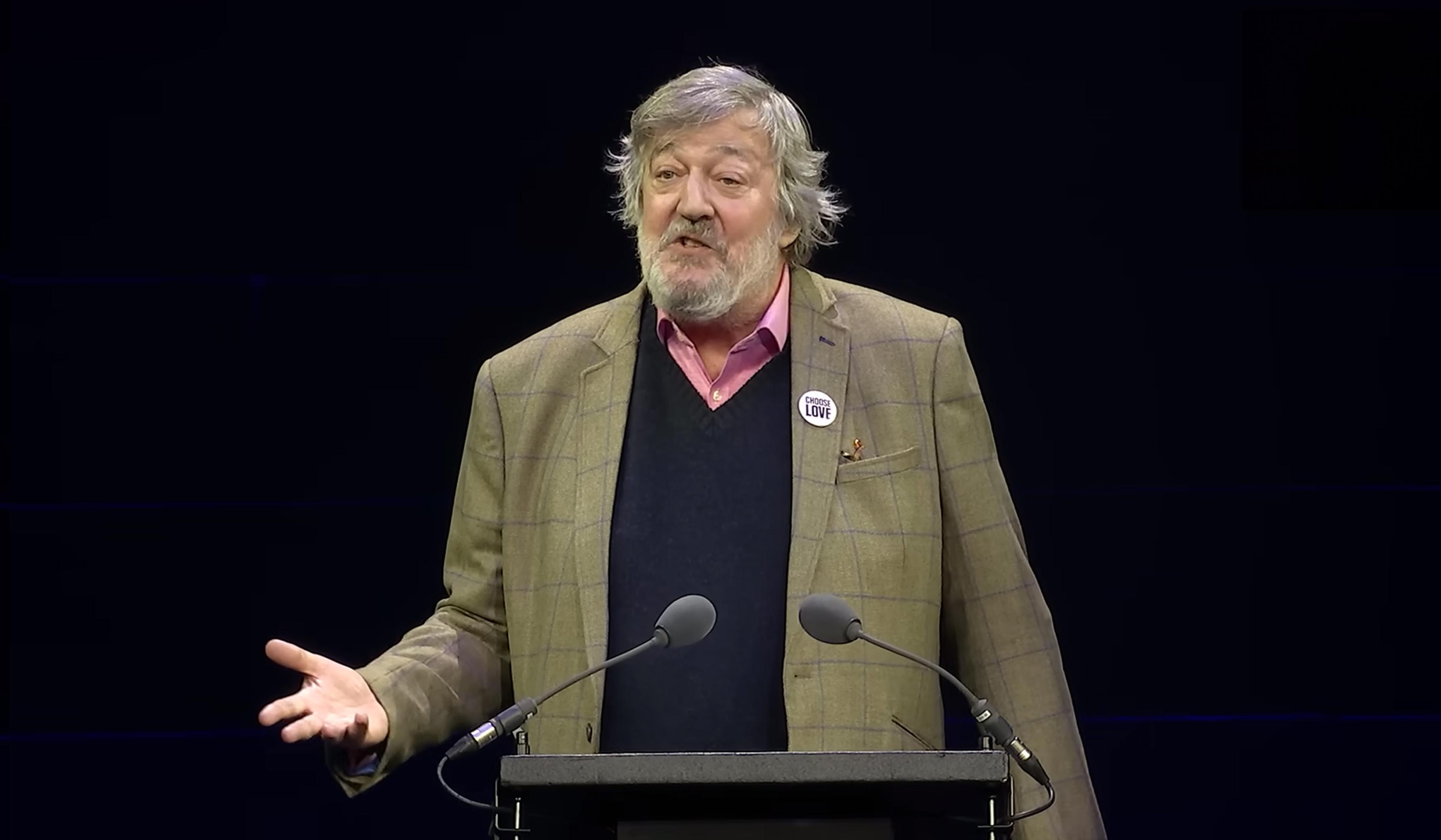
video
Meaning and the good life
Why strive? Stephen Fry reads Nick Cave’s letter on the threat of computed creativity
5 minutes
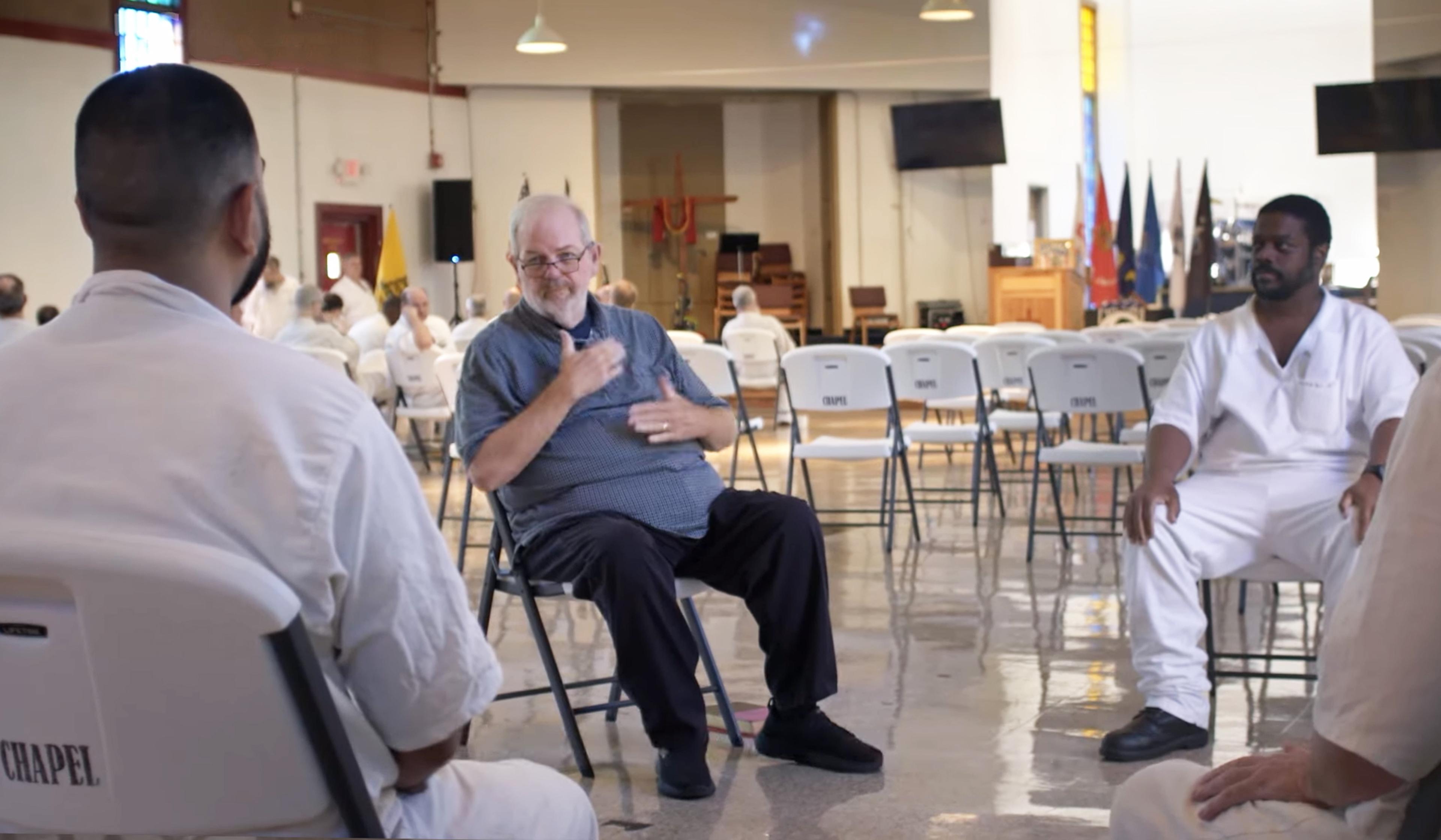
video
Human rights and justice
‘I know that change is possible’ – a Deaf prison chaplain’s gospel of hope
18 minutes
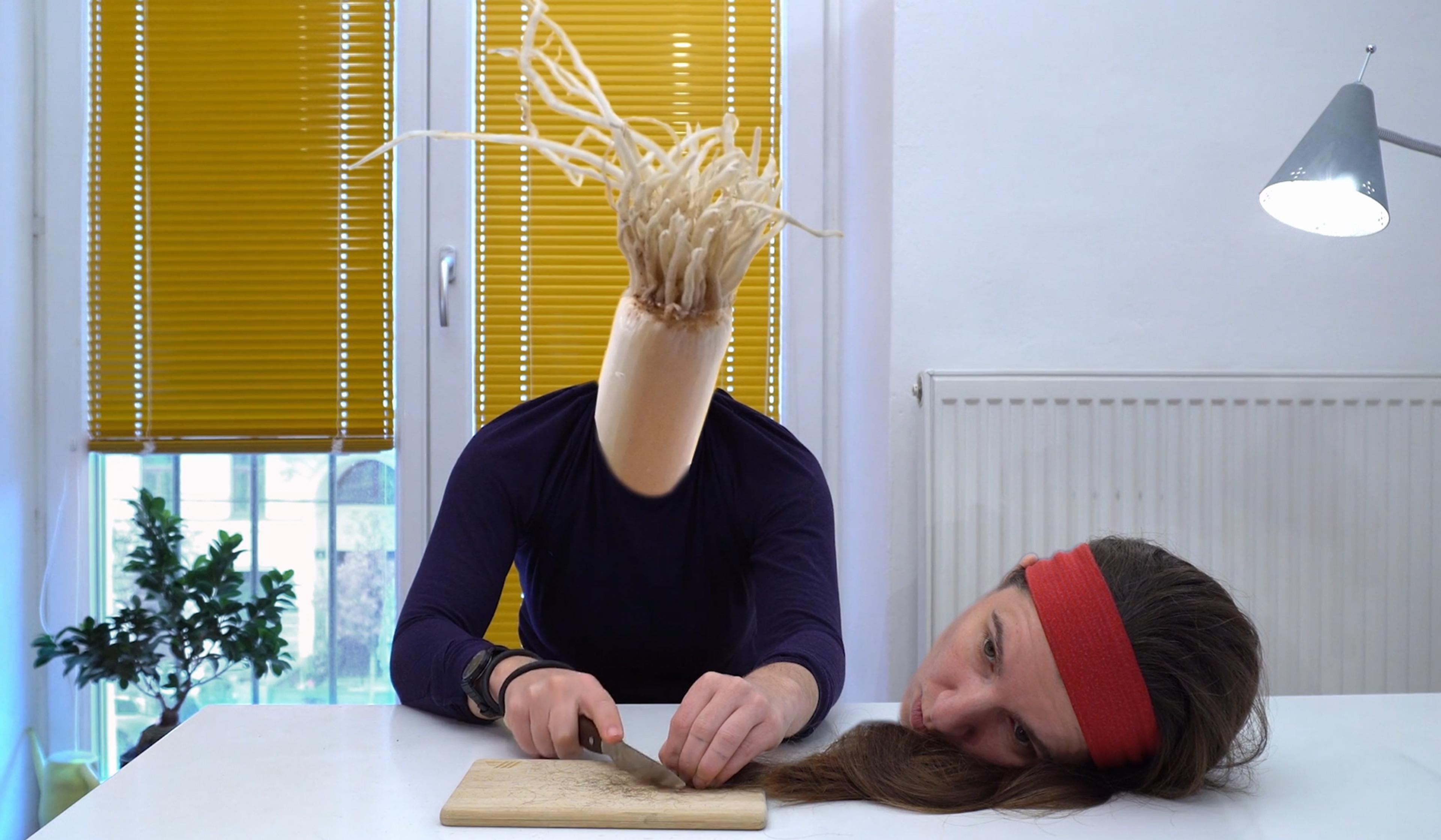
video
Technology and the self
An artist swaps her head with everyday objects in a musing on consumerism
4 minutes

video
Art
The overlooked polymath whose theatrical oeuvre made all of Rome a stage
30 minutes
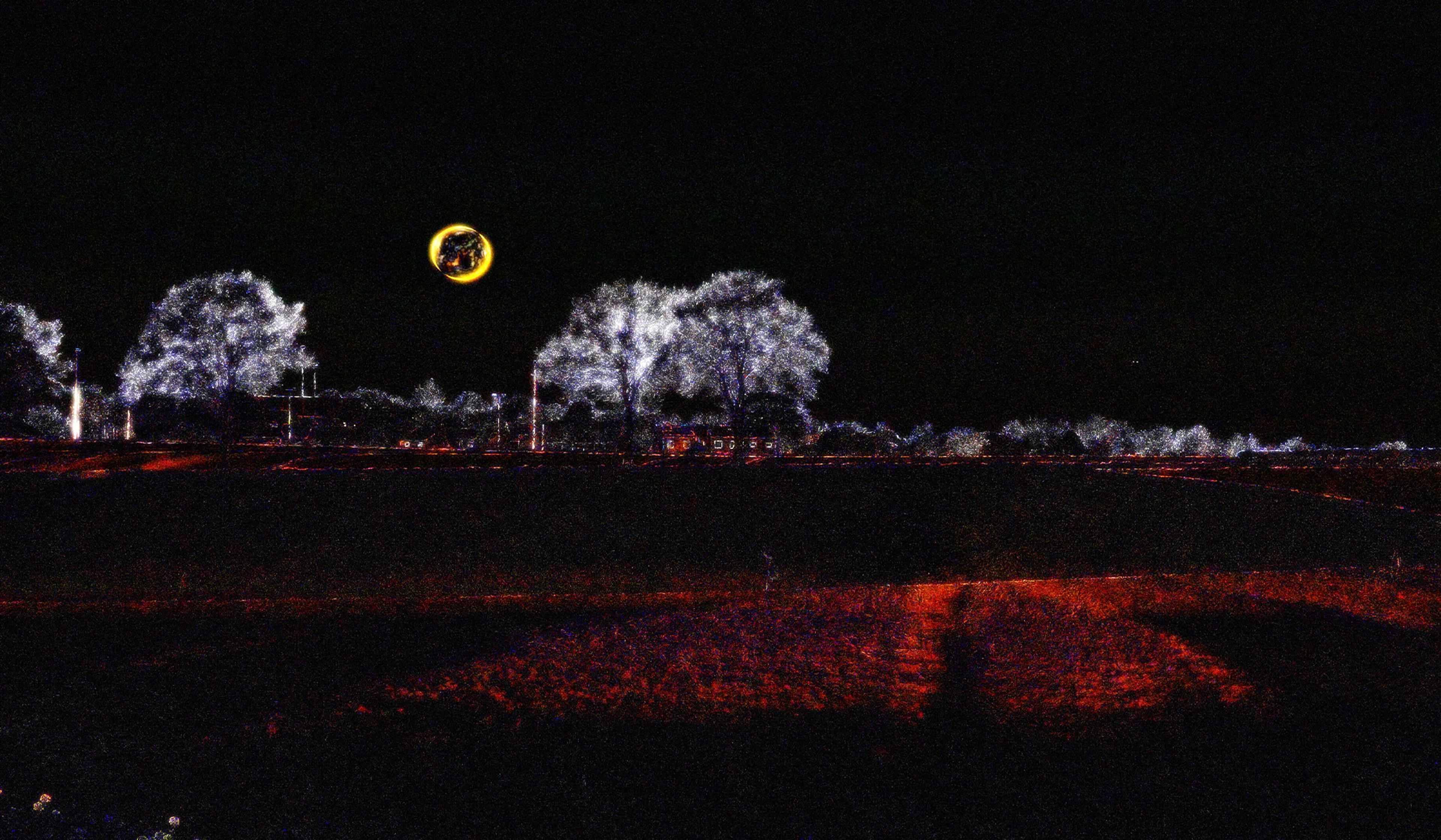
video
Film and visual culture
An augmented-reality filter reveals the hidden movements all around us
7 minutes
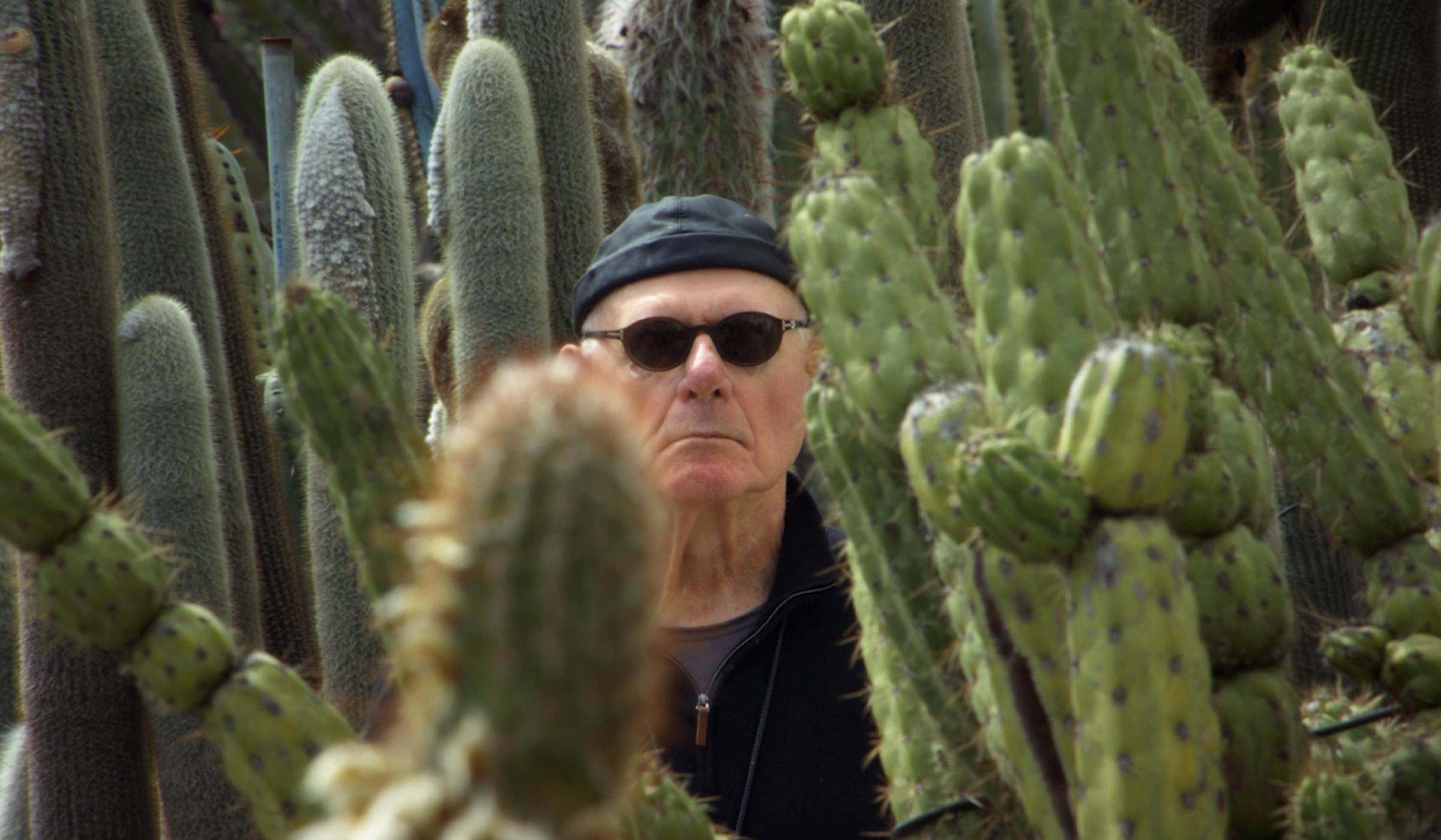
video
Beauty and aesthetics
The grit of cacti and the drumbeat of time shape a sculptor’s life philosophy
11 minutes
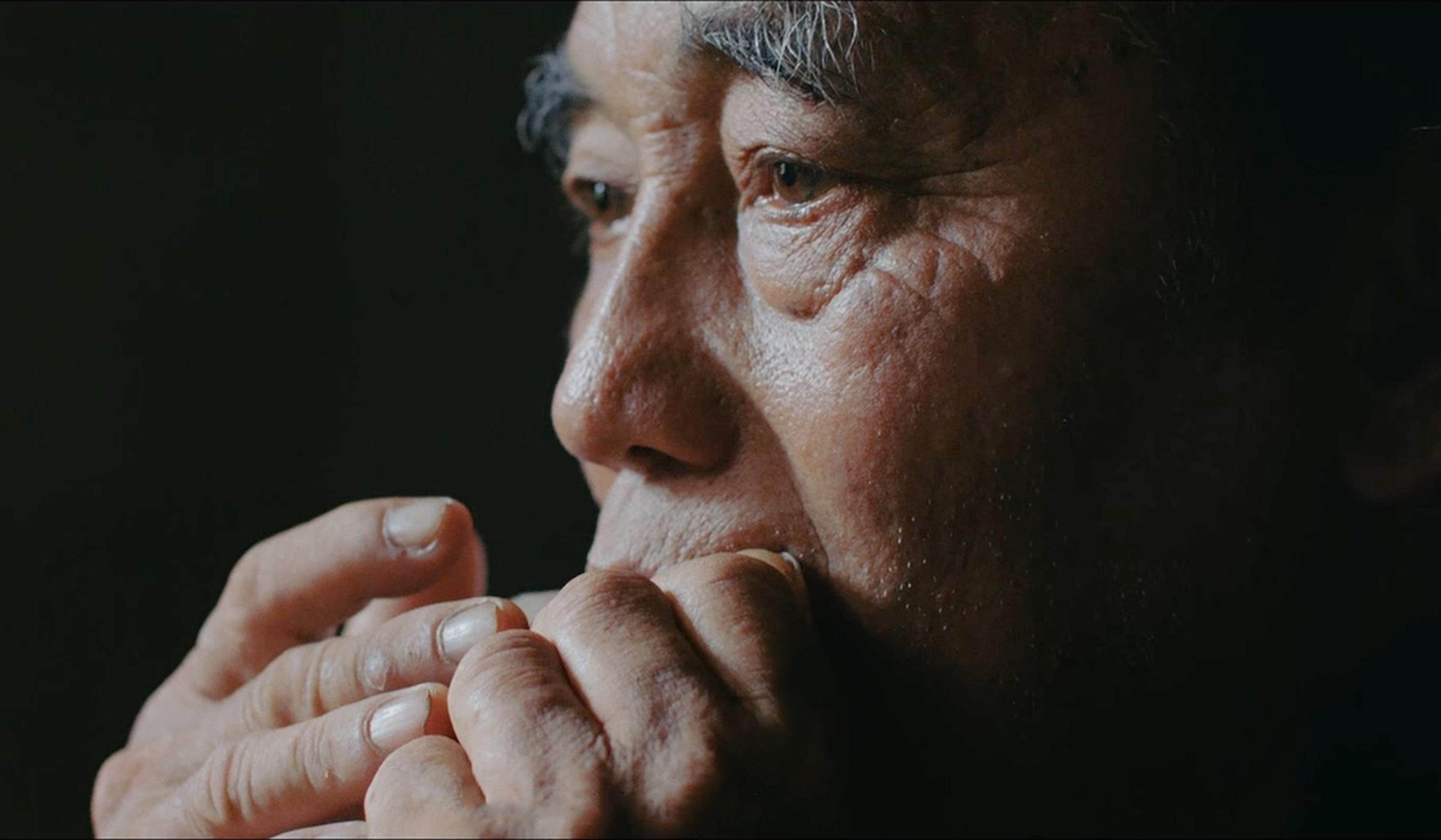
video
Language and linguistics
Messages born of melody – hear the whistled language of the Hmong people
18 minutes
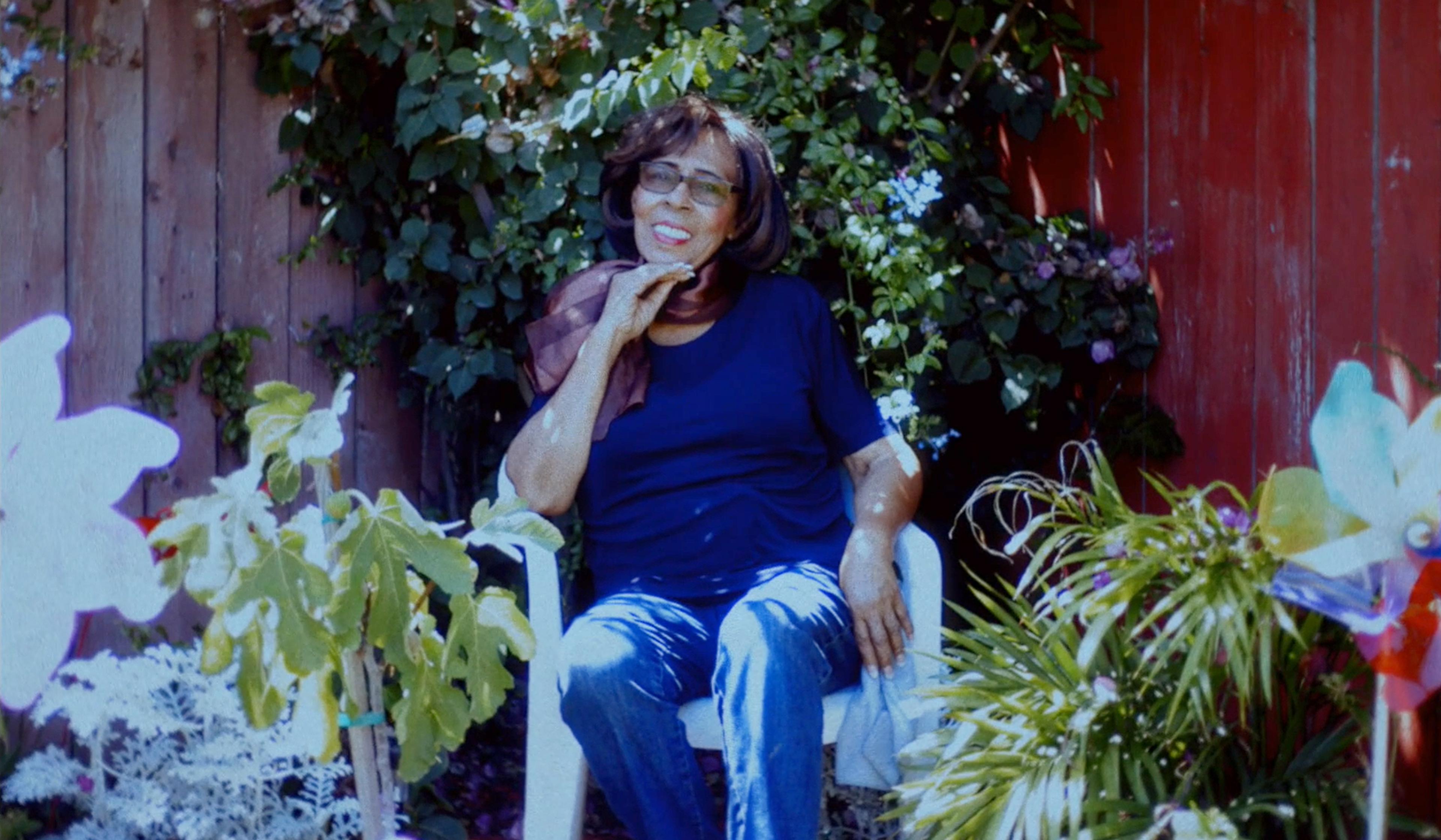
video
Biography and memoir
A gentle soul in an oppressive land – Bonnie’s story of life in America
11 minutes
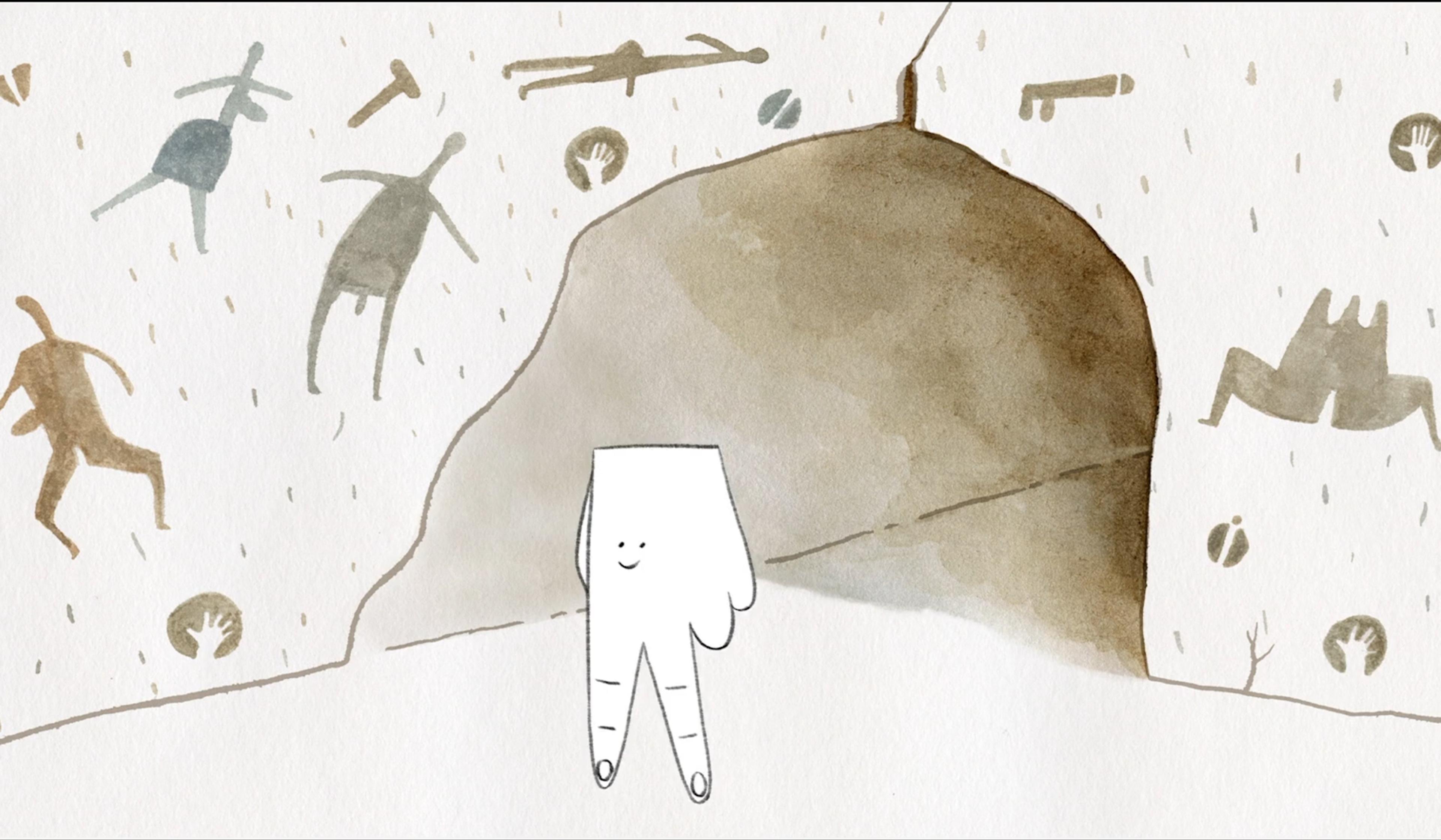
video
Sex and sexuality
For ages, solo sex was hardly taboo. What led to its centuries-long dry spell?
4 minutes